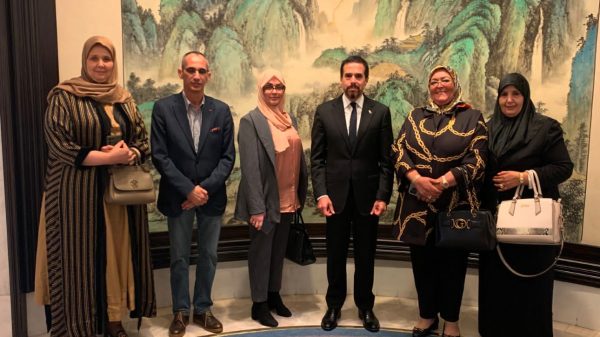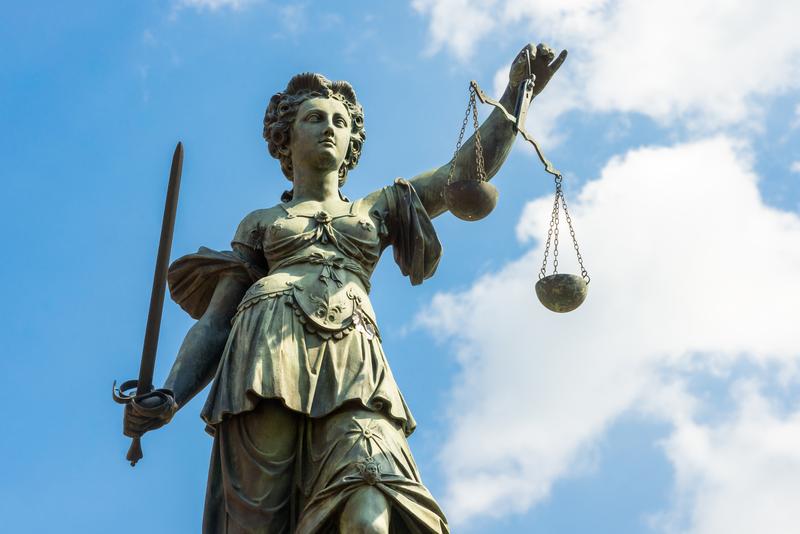Given the broad and sustained trend toward transparency in the corporate sector, what to make of the privacy and secrecy attached to the increased use of arbitration as a means to settle knotty disputes?
The relative merits of arbitration vs. litigation are, of course, by now well-known. As any lawyer could tell you, arbitration offers more flexibility than litigation (at less cost) and can be written into commercial agreements. It also affords a measure of privacy that is impossible to deliver via an open court process. The arbitration process can, for example, help a smaller business keep their secret sauce away from the open market as they settle a dispute. But are some companies now abusing the privacy of arbitration – and the secrecy it promotes – in the search for large awards?
Whatever the particulars of pursuing arbitration in any single case, the stakes in aggregate are immense, secret or otherwise. They might not be $50bn immense, as in the famous 2014 Yukos arbitration vs. the Russian Federation, but they are still substantial. And while Vladimir Putin’s thugocracy didn’t pay up in that case, the matter is once again before the UK courts after a British judge blocked the Kremlin’s request for immunity. The British decision came on the heels of a ruling in the Netherlands, where a Dutch advocate general confirmed the Russian state had agreed to arbitrate the dispute.
States are even now using arbitration as war by other means, as evidenced by the Ukrainian state’s $270m 2018 claim against Russia in the case of Crimean energy provider Krymenergo following the 2014 annexation of the then-Ukrainian peninsula. There, however, Putin has simply signed over the stocks to Russian authorities in Crimea, thumbing his nose at The Hague and its arbitration tribunal in the process. It turns out arbitration can’t heal all wounds, at least not when the beast on the other side is as shameless as Vladimir Putin.
At least Putin doesn’t use the secrecy of the arbitration process itself to mask his shamelessness. Others who are pursuing arbitration appear willing to do whatever it takes under arbitration’s privacy umbrella to get a result. Again, as any lawyer will tell you, arbitration – and litigation, for that matter – is increasingly a land of corporate intelligence firms, private investigators, public relations practitioners, and even hackers, as poor Farhad Azima and his tormentor Neil Gerrard could tell you, and as detailed in a recent investigation by The Bureau of Investigative Journalism.
A quick tour of some of the recent arbitration awards reveals some rather questionable behaviour, whether by the respondents or the parties seeking redress. In the past year alone we’ve had a number of stonking judgements that have featured a fair share of what I would call skullduggery.
I had certainly never heard of either the Iraq-based Korek Telecom or Kuwait-based logistics firm Agility, despite the latter receiving a £1.5bn award in a March 2023 decision from an arbitration tribunal based out of Dubai. But I have seen the litany of tactics described in the judgement document, including the use of corporate intelligence firms (in this case a UK-based firm called Raedas on behalf of Agility) who deployed quite intrusive investigation techniques (e.g. placing tracking devices on cars, interviews with so-called whistleblowers in third-countries) in order to build their case.
To be fair, the men on the arbitration panel – and they are usually always all men – in the Agility case say they did not rely on Raedas’ evidence to reach their conclusions, which is just as well, given the Raedas investigators couldn’t seem to get their story straight while giving evidence. How well, I wonder, would this have played out in open court? Would Agility have even tried to present the evidence under the harsher light and tough scrutiny of litigation?
And this is the point. When the stakes are high – whether £1.5bn or $50bn – and the process is shorter, sharper and, most importantly, private – the incentives will always land on bending the rules.
Perhaps it’s time for everyone to have a rethink, then, about the best way to deliver justice in our globalised world, a world that will continue to present all manner of disputes that will need to be resolved.


















































